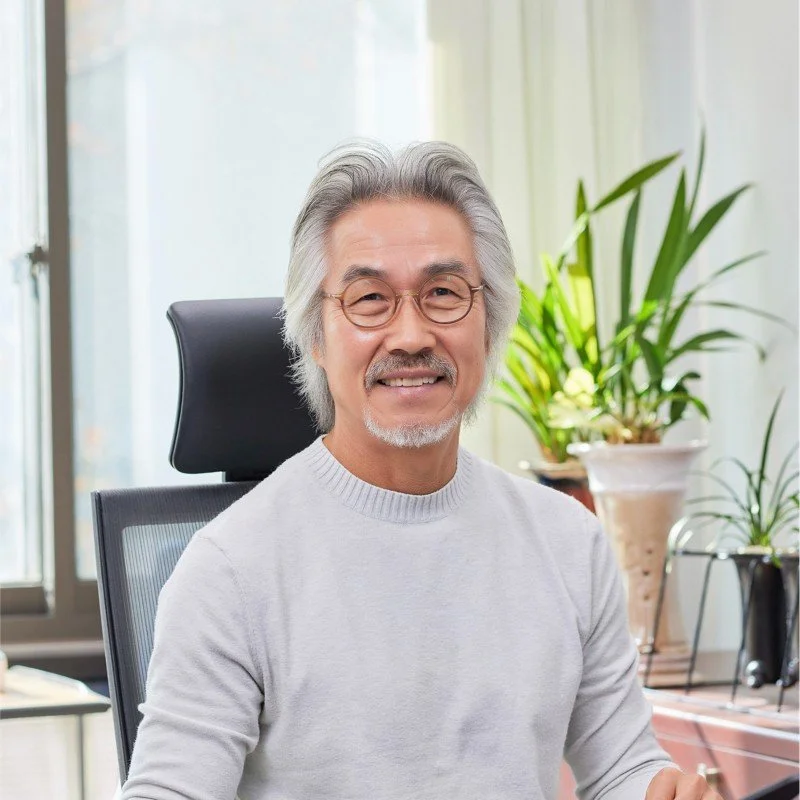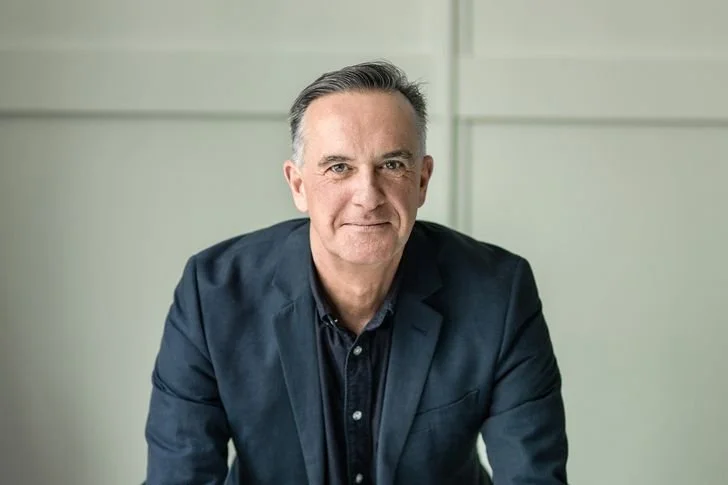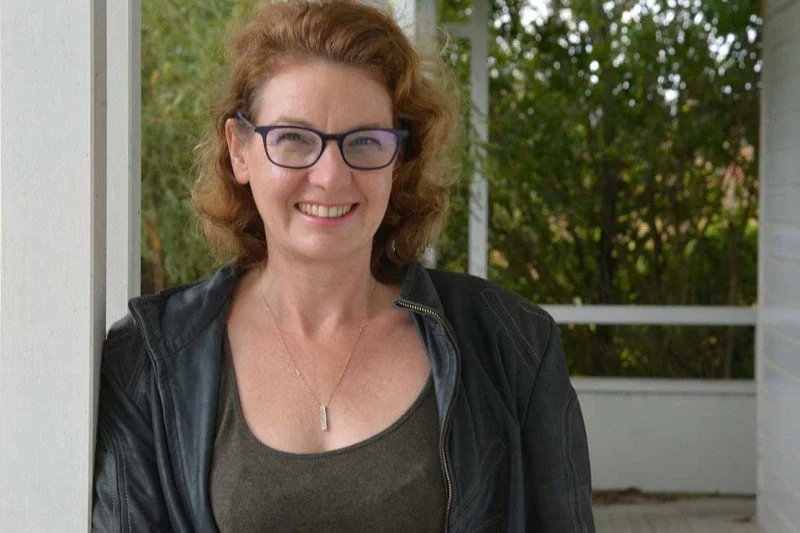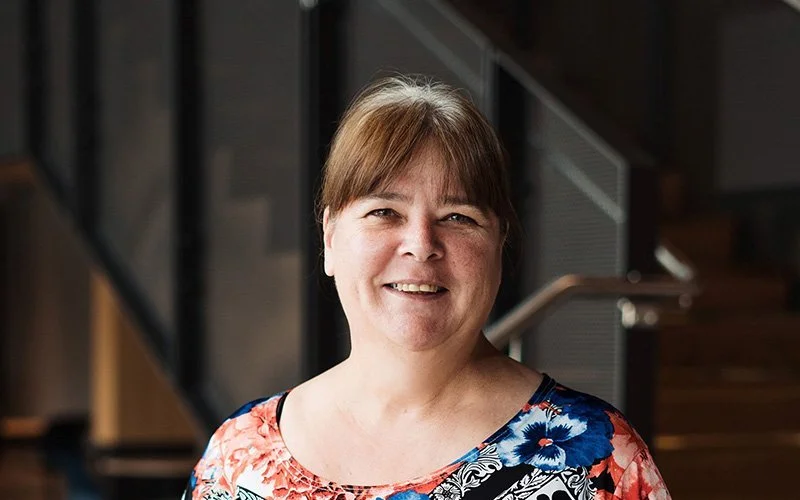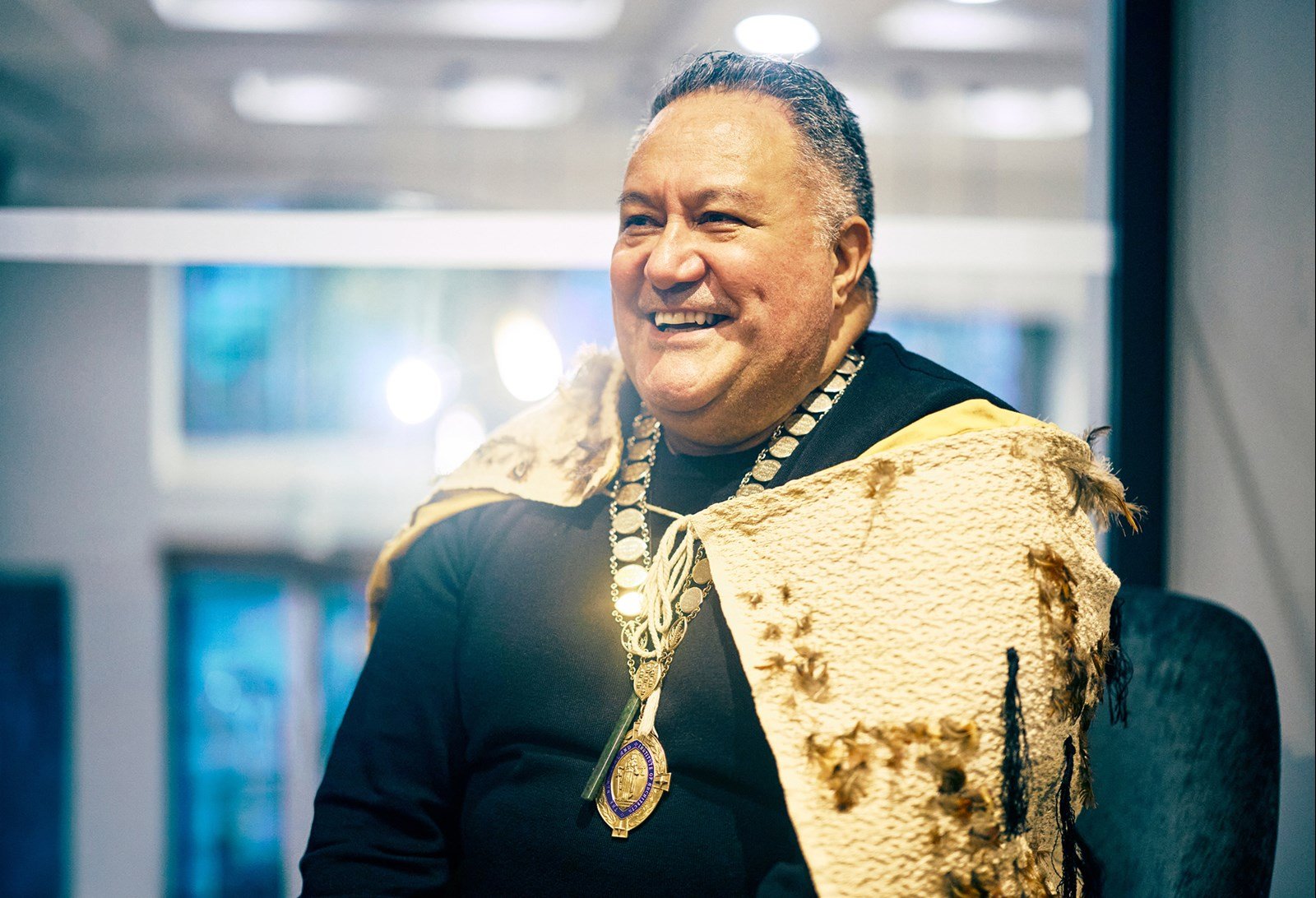Our Keynote Speakers
-
![]()
Prof. Mirosław J. Skibniewski
University of Maryland, USA
Prof. Miroslaw J. Skibniewski is the A. James Clark Endowed Chair Professor of Construction Engineering and Project Management in the Department of Civil and Environmental Engineering at the University of Maryland in College Park. Prior to his current appointment he served for 20 years as a faculty member at Purdue University in West Lafayette, Indiana, where he held a position of Professor of Civil Engineering, Construction Engineering and Management. He received his M.Eng. degree from Warsaw University of Technology, and M.S. and Ph.D. degrees from Carnegie-Mellon University. Prof. Skibniewski is also a graduate of the Harvard University Graduate School of Education Management Development Program. Prior to his academic career, he worked in the industry as an engineer with the Pittsburgh Testing Laboratory, a nationwide construction engineering consulting firm in Pennsylvania subsequently renamed to Professional Service Industries, Inc. - where he was in engaged in design quality reviews, construction related claims, value engineering, forensic engineering and industrial safety investigations.
As a researcher and educator, Professor Skibniewski currently specializes in e-commerce technology applications to engineering project management for construction and in construction automation. He developed one of the first construction automation programs in the United States and collaborated with major industrial and government organizations both in the United States and overseas. Dr. Skibniewski served as a Visiting Senior Research Scientist with the Commonwealth Scientific and Industrial Research Organization (CSIRO) in Melbourne, Australia, as Visiting Research Professor with the Institute for Mechanized Construction and Rock Mining in Warsaw, Poland, as Visiting Professor at the University of Hong Kong, Hong Kong Polytechnic University, and Honorary Visiting Professor at Loughborough University in England. He served as Alexander von Humboldt Foundation grantee at the Technical University of Munich, Germany, as Taiwan Science & Engineering Foundation Visiting Professor at Chung-Hua University and at National Taiwan University, and as Fulbright Senior Specialist at the Instituto de Altos Estudios Empresariales in Buenos Aires, Argentina.
-
![]()
Prof. Chansik Park
Chung-Ang University, South Korea
Prof. Chansik Park is a professor at the School of Architecture and Building Science , Director of the ConTILab and a former Dean of the Graduate School of Construction Engineering of Chung-Ang University in Korea since 1995. He holds a B.E and a M.E. in Architecture from CAU, M.S. from the University of Colorado at Boulder and a Ph.D. from the University of Florida with the major of Construction Management.
Professor Park has published over 100 papers in peer-reviewed journals and conferences internationally, and has served editorial board member and reviewer of many international journals including Automation in Construction, International Journal of Project Management, Visualization in Engineering, and Journal of Civil Engineering and Management. He has been the recipient of numerous academic and professional awards and honors, including the prestigious Elsevier Atlas Award in recognition of ‘outstanding achievement and significant positive contribution to society.
He is one of the founders and the Former President of KICEM, the Founder of ICCEPM, and the Vice President of Building Smart Korea.
-
![]()
Prof. Umberto Berardi
President of the International Association of Building Physics
Prof. Umberto Berardi was the Canada Research Chair in Building Science and a Professor of Building Science at Toronto Metropolitan University. His research concerns the application of physics and sustainability principles to the built environment. His areas of expertise include green buildings, energy-saving technologies, and architectural acoustics. He took an MSc degree in Building Engineering “summa cum laude” at the Politecnico di Bari (I), an MSc in Sound and Vibration at the ISVR of the University of Southampton (UK), and a Ph.D. in “Product Development & Innovation Management” and in “Building Engineering” at the Scuola Interpolitecnica in Italy. Before joining TMU/Ryerson in 2014, he was an assistant professor at the Worcester Polytechnic Institute (MA, USA). He also had research experiences in the Faculty of Engineering of the University of Syracuse (US) and at the International Centre for Integrated assessment and Sustainable development of the University of Maastricht (NL). Together with a great passion for teaching and helping students, Umberto has extensive publication records, which include 5 books, 200 peer-reviewed journal papers, and over 200 conference papers. He has published in the most important journals in his field, including Energy and Buildings, Building and Environment, Applied Energy, Journal of Building Performance Simulation, Renewable & Sustainable Energy Reviews, Sustainable Cities and Society, and many others.
-
![]()
Prof. Charles Walker
Auckland University of Technology, New Zealand
Professor Charles Walker's research, teaching, and design practice spans over 30 years. He aims to co-create educational experiences that build on the global history of ideas and help students design informed, optimistic "imaginable futures" for the 21st century. He suspects that the individual discipline-based educational models inherited from the 19th and 20th centuries are no longer viable for the new world that graduates will inhabit. Before becoming a full-time academic in Aotearoa New Zealand, Professor Walker was a registered architect practicing in multicultural societies in the UK, Oman, Turkiye, and the USA.
His personal teaching philosophy is to invite, support—and challenge—students to embrace and direct their own education, to discover their individual pathways within a planetary community. This necessitates an appreciation of the ethical obligations and connections between people, other living beings, objects, and their environments.
Professor Walker first joined Auckland University of Technology (AUT) in 2008, after leaving a traditional architectural academy, to establish Colab—an anti-disciplinary catalyst for innovation and entrepreneurship in tertiary education. After a brief but wonderful spell as Director of Creative Intelligence, Innovation & Entrepreneurship at the University of Technology Sydney (UTS), he rejoined AUT to establish Huri Te Ao / the new School of Future Environments in 2020. The School promotes transformative socio-technical education and research across architecture, engineering, construction, regenerative ecologies, and creative technologies. He sees the School of Future Environments as a kind of machine (for) learning that allows operations to occur simultaneously at local and global scales to address the complex existential challenges of our time.
He is currently the inaugural Fletcher Construction Chair of Future Environments at AUT, an industry partner-funded initiative to support innovation, research, and regenerative practice across the Architecture, Engineering, and Construction (AEC) sector.
-
![]()
Prof. Robyn Phipps
Victoria University of Wellington, New Zealand
Prof. Robyn Phipps has extensively researched the performance of homes and schools including heating, ventilation, energy efficiency. and weather tightness. Her expertise includes trialing sustainable, low carbon and low-cost solutions for healthy indoor environments. She is dedicated to creating environments that promote wellbeing for the occupants and construction workers. Universal design, embedded renewable energy, construction health and safety, adaption for climate change, and professional practice are other research areas.
She is Co-Director of the He Kainga Oranga Healthy Housing Research Group that was presented with the 2014 Prime Ministers Science Research Team Prize and the Rutherford medal 2021. She was the Chair of the Ministry of Education's Ventilation Technical Advisory Group for COVID response. She is a Director (Research and Policy) of the New Zealand Green Building Council, and on the Board of Directors for Places Journal, a Trustee of the Property Foundation, a founding member of the New Zealand Indoor Air Quality Research Centre, a recipient of the RICS Lifetime Achievement Award 2022 and Fellowships of RICS and NZIOB.
-
![]()
Prof. Suzanne Wilkinson
Auckland University of Technology, New Zealand
Professor Suzanne Wilkinson is Deputy Dean of the Design and Creative Technologies faculty at Auckland University of Technology.
She holds a PhD in Construction Management and a BEng (Hons) in Civil Engineering, both from Oxford Brookes University, UK. She also has a Graduate Diploma in Business Studies (Dispute Resolution) from Massey University.
Her research focuses on disaster management, construction innovation, resilience, and smart cities.
She is interested in how cities, communities, and organizations, including construction organizations, plan for disasters and manage hazard events, and how to make them more resilient.
Currently, she is working on ideas related to construction climate mitigation.
-
![]()
Sam Wiffen
Reveal & Smart Cities Council, New Zealand
Sam Wiffen is a visionary entrepreneur and the Founder and CEO of Reveal, a leading subsurface infrastructure technology company. Since 2012, Sam has spearheaded innovative solutions that are transforming how we understand and manage underground environments. With a passion for uncovering the unseen, he and his team have developed the world’s largest and most accurate digital twin of subsurface infrastructure, including a groundbreaking map of Wellington City’s underground networks. Sam’s commitment to safety, efficiency, and sustainability drives Reveal's mission to prevent costly errors, save lives, and support the creation of smarter, more resilient cities. Under his leadership, the company has grown rapidly, with a talented team of 50+ professionals and plans for international expansion, starting with Singapore. Sam's relentless curiosity and drive have not only reshaped the underground infrastructure industry but also fostered a culture where his team shares a passion for making a lasting impact on the world.
-
![]()
Prof. Jochen Teizer
Technical University of Denmark (DTU)
Today's architecture, engineering, construction, facility operation and management industry lacks automated project data collection, communication and distribution of important information. Key values that are essential among the project stakeholders to deliver successful projects are often not readily and reliably available. For example, planning work environments adequately, tracking the vital status of project site resources (e.g., people, equipment, material) in real-time, understanding the relationship in a highly dynamic and changing work environment, and monitoring, analyzing, and visualizing site activities and conditions of progress, are a few of the issues that become increasingly important to base decision making on a solid information content. Our goal is simple: Through innovative and rigorous research in Lean and Injury-Free work Environments in the project lifecycle (LIFEcycle) we will transform the productivity, safety and health performances in the construction industry. Furthermore, we establish new methods in education and training, e.g. active personalized learning, to advance the current state-of-the-art practices.
-
![]()
Prof. Jack Cheng
Hong Kong University of Science and Technology
Prof. Jack Cheng is currently a Professor and Associate Head in Civil and Environmental Engineering, Director of BIM Lab, Director of the RFID Center, and Associate Director of the GREAT Smart Cities Institute at the Hong Kong University of Science and Technology (HKUST). He obtained his PhD degree from Stanford University, in which he started to work on virtual design and construction (VDC) and Construction IT. His research interests include BIM, Internet of Things (IoT), artificial intelligence, laser scanning, construction informatics, robotics, blockchain, construction and facility management, smart and low carbon buildings, and sustainable construction. -
![]()
Prof. Derek Clements-Croome
Univesity of Reading, UK
Derek Clements-Croome worked in the building design and contracting industry before entering university life. He has founded and directed courses including a BSc in building environmental engineering at Loughborough University in 1970 and an interdisciplinary MSc in Intelligent Buildings at Reading University in 1996 covering design and management of intelligent buildings. He has also worked in architecture and building engineering at the university of Bath (1978-1988). His research is documented in his publications.He now offers strategic advice to clients, designers and facilities managers on attaining and managing healthy and sustainable environments in buildings of all types. He researches, writes and lectures on these issues for companies and wider audiences nationally and internationally in China, Australia, New Zealand, South Africa, Poland and Finland particularly. Some of his books have been published in Chinese and Russian.
He edits and founded the Intelligent Buildings International Journal published by Taylor and Francis and is a Coordinator of CIB Commission W098 Intelligent and Responsive Buildings. Derek is also a Commissioner for Hammersmith and Fulham and Haringey, BEE for CABE arm of Design Council, Fellow of the BRE Academy and Fellow of Royal Society of Medicine.
-
![]()
Andrew Eagles
New Zealand Green Building Council (NZGBC), New Zealand
Andrew is the Chief Executive Officer of the New Zealand Green Building Council (NZGBC), where he leads a dedicated team in promoting healthier, more sustainable built environments across Aotearoa New Zealand. With over two decades of experience in housing, construction, and policy, Andrew brings a wealth of expertise in low-carbon buildings, wellbeing, and innovative business development. His work with NZGBC includes overseeing vital certifications such as Homestar and Green Star, which assess the health and environmental performance of New Zealand's homes and buildings. A strong advocate for sustainability, Andrew collaborates with public and private sector stakeholders, helping shape a more resilient future for the built environment. Through his leadership, the NZGBC continues to drive positive change in the industry, and Andrew remains committed to sharing his knowledge through speaking engagements, publications, and training programs. -
![]()
Huia Reriti
Te Kāhui Whaihanga New Zealand Institute of Architects, New Zealand
Huia is the current President of the New Zealand Institute of Architects (NZIA) and a distinguished architect with over 30 years of experience. He began his architectural journey at Christchurch Polytechnic in 1981 and went on to earn a Bachelor of Architecture from the University of Auckland in 1990. Huia’s career has been shaped by working with some of New Zealand’s most esteemed architects, including Sir Frederick Miles Warren and William Taurau Royal, New Zealand’s first Māori architect. In 2006, he co-founded +MAP Architects, which he continues to lead, focusing on projects that integrate cultural heritage and modern architecture.A proud Ngāi Tahu descendant, Huia has made significant contributions to post-earthquake Christchurch as a Trustee of the Matapopore Charitable Trust, providing cultural advice for the city's Anchor Projects. His personal achievements include the design of two marae—Arahura Marae and Tuahiwi Marae—honoring his Poua and Taua. He is also an author, having contributed to Shifting Foundations: Post-quake Architecture of Ōtautahi, and remains dedicated to fostering the next generation of architects by critiquing student projects at ARA.


